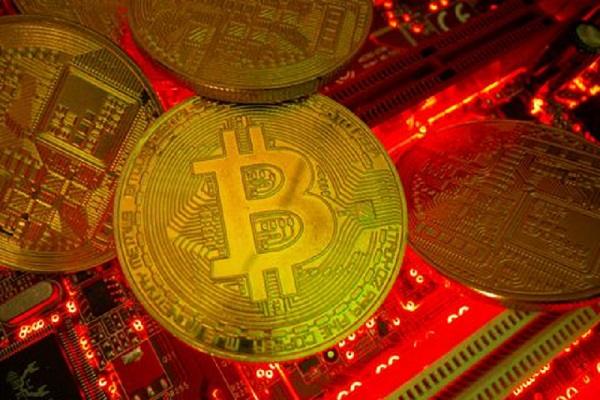U.TODAY: It’s not every day that the CEO of a major cryptocurrency exchange and a vocal critic find themselves in a back-and-forth, but here we are. Brian Armstrong, head of Coinbase (NASDAQ:), recently pointed out a problem that is both a blessing and a curse for the crypto industry: the sheer volume of new tokens being created.
With around 1 million chips appearing each week, Armstrong argued that the current system of evaluating each one individually is no longer feasible.
Instead, he suggested a shift from an “allow list” to a “block list,” relying on customer reviews and automated scans of on-chain data to help users sift through the noise. It also hinted at deeper integration with decentralized exchanges (DEX), aiming to make the trading experience seamless regardless of whether it occurs on a centralized or decentralized platform.
Proof of work? Nothing but hole in the ground
Enter Peter Schiff, the gold advocate and cryptocurrency skeptic who never misses an opportunity to question the value of digital assets. Schiff’s response to Armstrong’s comments was characteristically forceful.
He zeroed in on the idea of “limited supply,” a cornerstone of Bitcoin’s value proposition, and questioned it. With so many tokens flooding the market, Schiff argued that the inflation rate of digital assets is effectively “off the charts.”
He, however, did not stop there and pointed to Bitcoin’s proof-of-work mechanism, the process by which new coins are created and transactions are verified. For him, proof of work is a flawed concept.
Schiff compared it to spending $10,000 to dig a hole and then filling it back in: energy is expended, but nothing of value is created. While Bitcoin enthusiasts often tout the energy-intensive process as a feature, the gold proponent sees it as a mistake.
Energy is consumed, yes, but it is not stored or transformed into anything useful. Bitcoin, he argued, is not a battery; It does not contain energy that can be used later.




